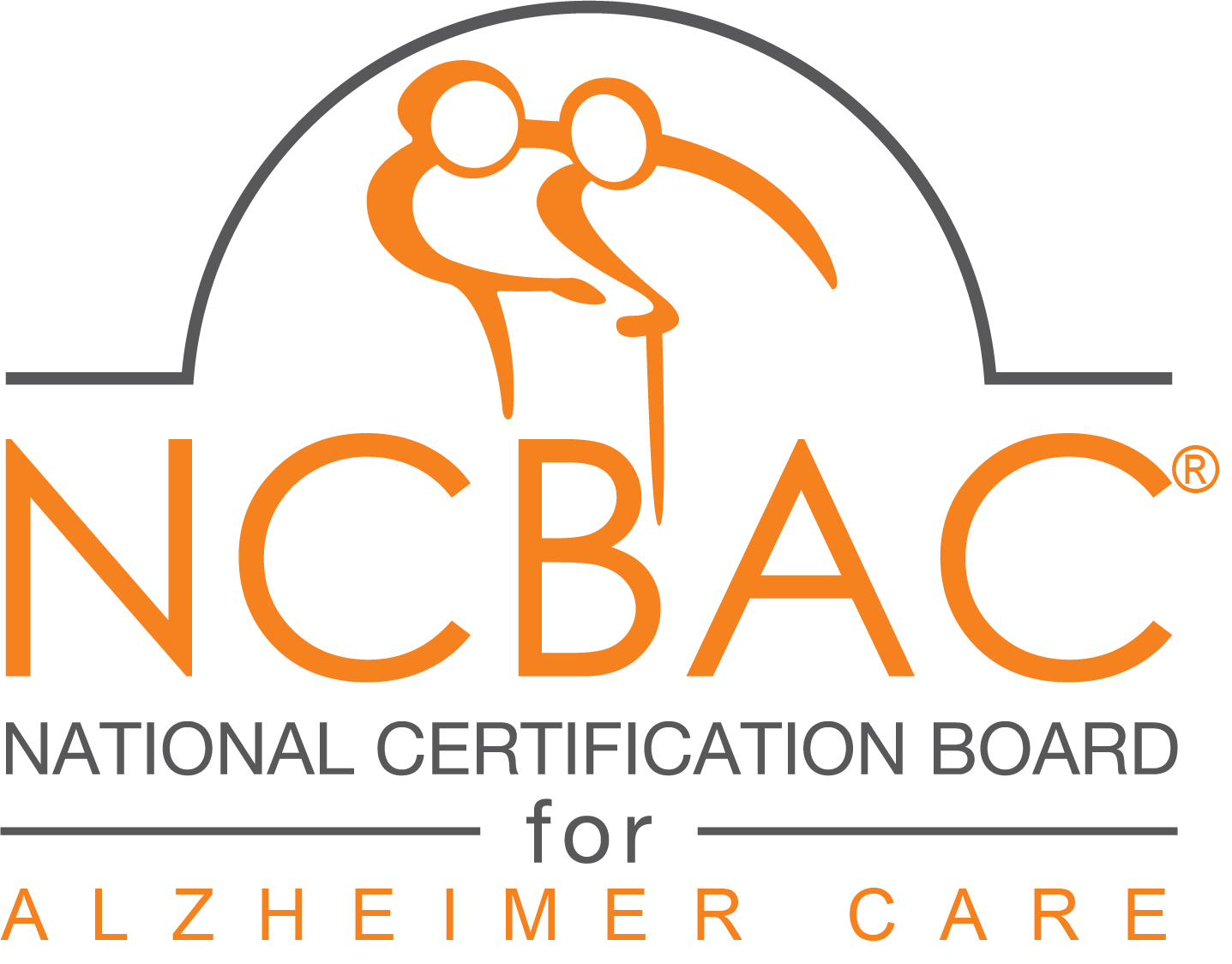The 2017 Aspen Summit on Inequality & Opportunity brought together a diverse mix of policymakers, thought leaders, social entrepreneurs, philanthropists, and practitioners to address the nation’s widening opportunity gap. Tucked between to-be-expected panels on manufacturing and hunger, was a 15 minute talk by Dr. Sarah Enos Watamura, Associate Professor of Psychology at the University of Denver and Director of the Child Health & Development Lab, on the biology of adversity. She opened by posing the question: How could a consideration of biology inform policy and practice solutions for moving families from inequality to opportunity?
Walk, Jog or Dance: It’s All Good for the Aging Brain
More people are living longer these days, but the good news comes shadowed by the possible increase in cases of age-related mental decline. By some estimates, the global incidence of dementia will more than triple in the next 35 years. That grim prospect is what makes a study published in March in The Journal of Alzheimer’s Disease so encouraging: It turns out that regular walking, cycling, swimming, dancing and even gardening may substantially reduce the risk of Alzheimer’s.
Exceptional Caregivers Share Their Tips
A Place for Mom recently celebrated the stories of three exceptional caregivers: Carlen Maddux, Feylyn Lewis and Susan Hamilton. Although each of these caregivers had a very different and unique caregiving experience, they all shared similar tips about how caregivers can survive and triumph.
Andrew Tisch: An aging and Alzheimer’s tsunami is about to hit us. Here's what needs to happen right now
Despite the collapse of Republicans’ ObamaCare repeal effort, the health care issue isn’t going away.
The current health care debate in Washington is fundamentally one over who pays. However, it won’t matter whether Medicare, Medicaid, private insurers or individuals pick up the tab, if the most urgent challenge in health care is left out of the next debate in Congress.
Alzheimer’s Caregivers: Self Employment Tax and Tax Breaks
Workers who perform in-home services for disabled or elderly individuals have special rules when tax time rolls around. But, understanding who the IRS considers the caregiver’s employer is one critical part of these tax rules that confuses many caregivers.
For Caregivers, ‘Alarm Fatigue’ is a Real Concern
If you’ve ever spent the night in a hospital, you’re likely aware of the preponderance of alarms designed to alert healthcare practitioners about potentially life-threatening events. And while the point of these alarms is to help healthcare providers do their jobs, the reality is that these alarms can at times be more harmful than helpful. Why? Because of a phenomenon known as “alarm fatigue.” Here’s a closer look at the problem, along with research underway aimed at improving patient safety by reducing alarm fatigue.
The FDA Can Declare War on Alzheimer’s
‘If we had put a war on neurologic diseases at the same time we declared a war on cancer, we probably would not be having this conversation.” Those are the wise words of Janet Woodcock, director of the Food and Drug Administration’s Center for Drug Evaluation and Research, before Congress last month.
Inflammation’s Link to Alzheimer’s, Heart Disease and Cancer
Despite its heroic intentions to protect us against foreign invaders, inflammation also plays a role in many diseases, especially those experienced by older adults. Doctors and researchers around the world and across disease categories have caught on, and they’re working on ways to tame the beast of chronic inflammation.
“More than 90 percent of all noncommunicable diseases of aging are associated with chronic inflammation,” David Furman of Stanford Medical School’s Institute for Immunity, Transplantation and Infection explained upon the release of a study on caffeine consumption and inflammation.
Caregiver Abuse: Is It Caused By Illness or Personality?
“How do I separate my loved one’s old abusive behaviors from those caused by his illness?” It’s a question I often hear from caregivers and one that’s difficult to answer definitively. Yet it routinely impacts relationships between caregivers and their loved ones.
Making Dementia Caregiving Support More Available To Those Who Need It
Dementia is devastating. Most of us have seen or experienced the toll on families that comes with caring for someone with Alzheimer’s disease or similar conditions. There are an estimated 8.5 million family members providing dementia care at home and, with no cure on the horizon, this number is expected to rise sharply.
Dear President Trump: Focus on Our Caregiving Workforce
Across the country, the stories are the same. A family can’t find a home care worker to assist an aging parent. A local home care provider struggles to recruit workers—these workers in turn flee the sector, fed up with the quality of these jobs. This cycle repeats, the problems multiply by the year, and the workforce shortage explodes into a national crisis affecting millions of long-term care consumers.
Pressed Into Caregiving Sooner Than Expected
It was August, and Gina Rinehart was preparing for another school year as a special-education teacher in Hemet, Calif., when she got the call: Her father, Floyd Hall, was facing surgery to remove a tumor in his lung.
She flew to rural Lake Cushman, Wash., to be with her parents, expecting to spend two weeks helping her dad recover. Her father, known as Bub and an active retiree at 68, spent his days woodworking, volunteering at the local food bank and helping his own 95-year-old mother.
